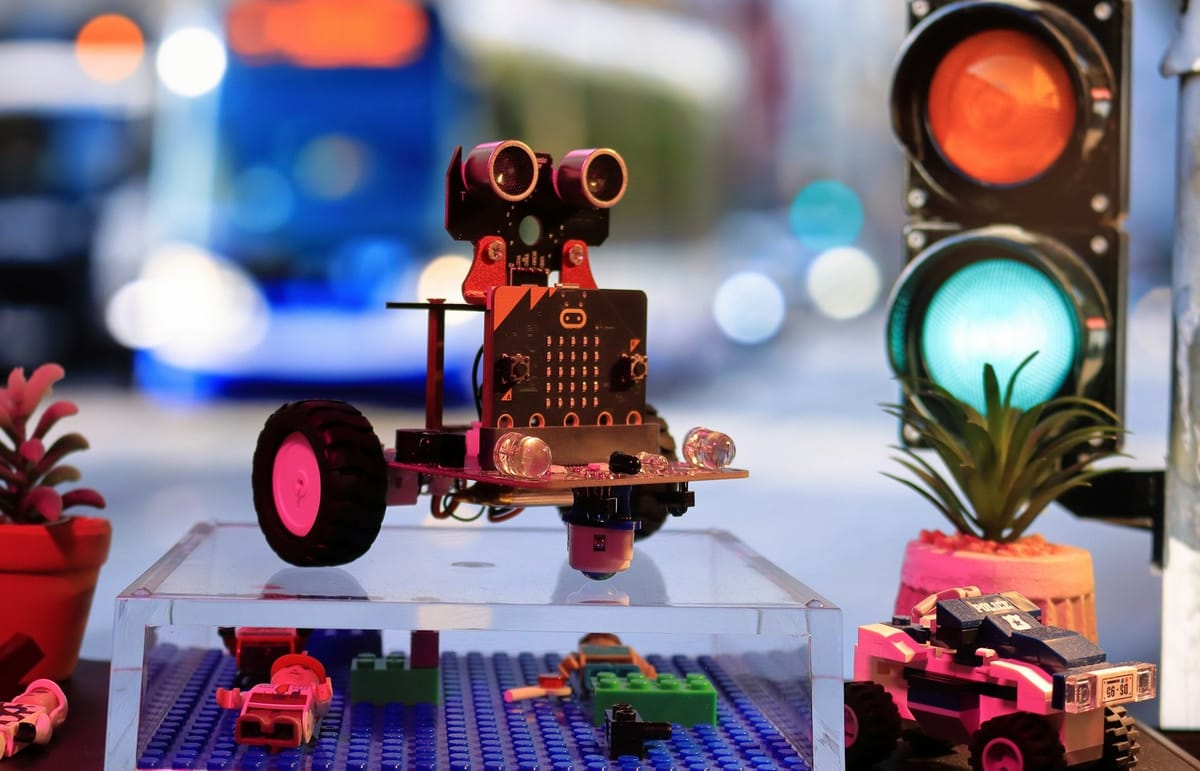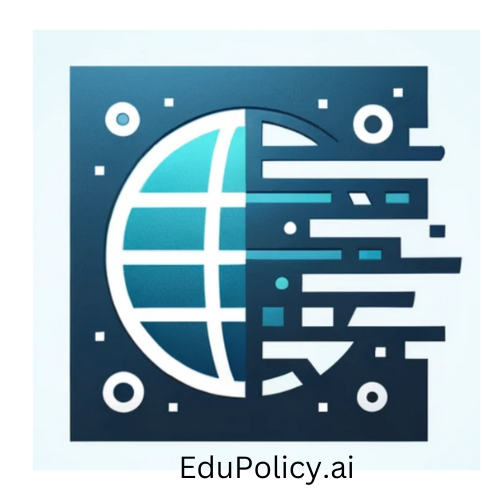AI Policy in Higher Education--A Breakdown

By: David Hatami.
The rise of artificial intelligence (AI) in our daily lives, especially within the realm of Higher Education (HE), is a phenomenon that is both evident and significant. However, the more intricate aspect of this technological advancement lies in understanding and leveraging its full potential through well-crafted AI policies. Such policies can profoundly impact how each department within HE institutions can derive comprehensive value from AI technologies.
While it's understood the development and implementation of AI policies in, HE must be informed by credible research and expert insights. It's essential to draw upon the knowledge of educational technologists, AI ethicists, and academic leaders who have studied the intricacies of AI applications to create the proper educational outcomes for our stakeholders. Their insights should guide the creation of policies that are not only innovative but also ethical and practical. For instance, the adherence to data privacy standards and the use of AI in unbiased decision-making are critical areas where expert input is invaluable.
AI policies in HE should not only focus on technological efficiency but also on the human aspect. These policies can shape the student educational experience, making it more inclusive and personalized. This approach not only improves educational outcomes but also fosters a more caring and supportive academic environment. The emotional impact of such policies can resonate deeply with both students and educators, building a more empathetic and responsive educational system.
Strategically, AI policies need to address the unique needs and challenges of different departments within HE. For example, the way AI is utilized in a research-focused department like bioinformatics will differ from its application in a student-facing department like admissions. Tailoring AI policies to fit the specific requirements of each department ensures that the technology is used at full capacity, leading to improved efficacy, more accurate resource allocation, and most importantly, a more informed decision-making process.
The comprehensive impact of well-crafted AI policies in HE goes beyond mere just technology advancing for its own sake. These policies should lead to a more cohesive and dynamic educational environment, where technology is effectively integrated to support and enhance both the teaching and learning experiences.
In doing so, HE institutions can harness the wide-ranging potential of AI, not just as a tool for efficiency but as a catalyst for educational transformation and progress. It is this holistic and thoughtful approach to AI policymaking in HE that will demonstrate the true breadth of AI's influence across various academic and administrative domains. There are a few examples below (with more to come) I would like to share.
1. Admissions and Enrollment Management- Impact: AI could streamline the application review process, predict enrollment trends, and assist in targeted student recruitment. Policies should address data privacy and ensure unbiased decision-making.
2. Academic Affairs- Impact: AI could potentially impact curriculum development, online learning platforms, and personalized learning paths. Policies should emphasize ethical use of student data and equitable access to AI-driven resources.
3. Student Services- Impact: AI potentially enhancing student counseling, career services, and personalized student support. Policies should safeguard student privacy and to enforce unbiased AI interactions.
4. Research and Development- Impact: AI would assist in data analysis, research project management, and innovation in research methods. Policies must address the significance of intellectual property rights as well as ethical research practices.
While I have ideas for many more departments, which I will list in upcoming posts; however, I am still hoping to glean more insights on the specifics of how the stakeholders perceive these technologies rather than just speculating on what we think this technology will do for us. I would urge everyone to comment on the thread and share your thoughts as we move forward into this new era of AI in Higher Education.
Share your insights and comments with us today!
--David Hatami




